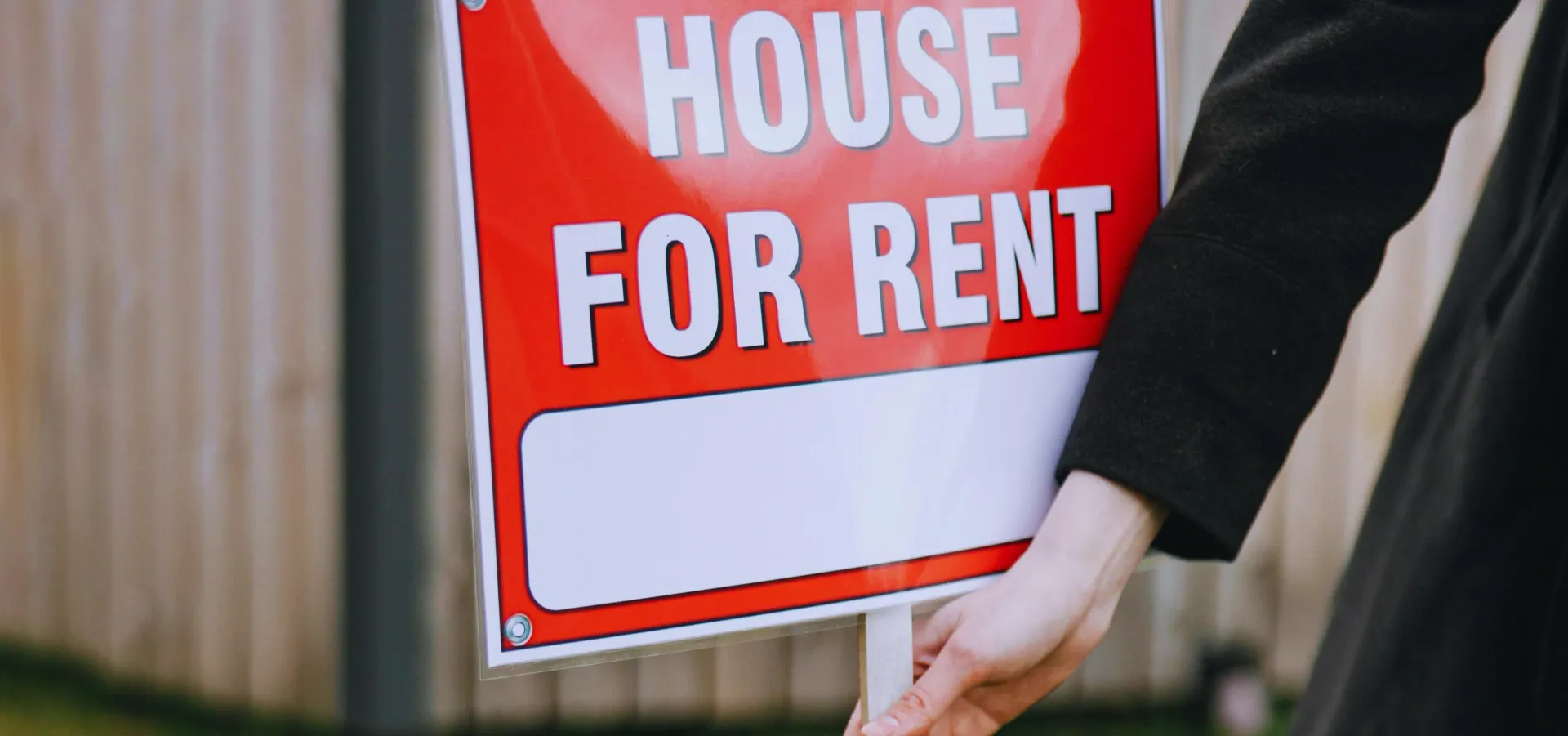The Importance of Timing When Selling Your House
If you're planning to sell your home, you’ve likely heard the timeless adage: “Timing is everything.” Nowhere is this more accurate than in the real estate market. The timing of your sale can be the difference between multiple offers above asking and your home sitting idle for months. In this deep-dive, we explore the importance of timing when selling your house, showcasing seasonal trends, economic indicators, market dynamics, and how personal life circumstances intersect with optimal sale periods.

Understanding Seasonal Trends in Real Estate
Real estate is inherently cyclical. Buyers behave differently based on the seasons. Understanding these patterns gives you a leg up. For instance, families usually shop in the spring so they can settle before the school year starts. In contrast, investors may hunt in the winter for deals when competition is low.
Why Spring is a Seller’s Best Friend
Spring has long reigned supreme in real estate. Between blooming flowers and longer daylight hours, homes show better and attract more foot traffic. Additionally, tax refunds often bolster buyers' budgets.
According to Zillow, homes listed in early May sell six days faster and for nearly 1% more than average.
Summer Sales: Hot Weather, Hot Market?
Summer sales can be a mixed bag. While the market remains hot, especially early in the season, it tapers off by mid-August as families go on vacation. However, if your home has a pool or outdoor space, summer can be your golden window.
The Surprising Advantages of Fall Listings
Autumn may not be the obvious choice, but don’t dismiss it. With fewer listings on the market, you’ll face less competition. Serious buyers also tend to come out during this time, eager to move before the holidays.
Winter Selling: Risky or Rewarding?
Yes, winter listings are less common—but that doesn’t mean they’re fruitless. You’ll likely encounter motivated buyers—think job relocations and life transitions. Your home, decorated for the holidays, could spark emotional connections.
How Local Market Conditions Impact Timing
The real estate game isn’t uniform across the board. Local dynamics like school district desirability, new business developments, and even weather patterns all play roles. That’s where partnering with a trusted Realtor pays off.
Economic Indicators That Influence Home Sales
National trends matter too. Economic strength, job growth, and consumer confidence directly affect buyer behavior. For example, during economic upswings, buyers are more willing to stretch their budgets.
Should You Sell in a Buyer’s or Seller’s Market?
In a seller’s market, demand outweighs supply—ideal for maximizing your price. But in a buyer’s market, listings are abundant and competition fierce. You’ll need standout presentation and a realistic price point.
The Role of Interest Rates in Home Selling
Lower interest rates = more buying power. When rates are attractive, more buyers are in play. But rising rates often reduce buyer budgets, impacting your final sale price. Watching Federal Reserve movements is wise.
How Moving Timelines Affect Families
Timing becomes even more sensitive if you have kids in school. Selling during the school year can be disruptive. Many families aim to buy and move between May and August for a seamless transition.
Timing and Tax Implications of Selling
Timing your sale near the end or beginning of the year can impact your tax situation, especially regarding capital gains. Consult your CPA if you're selling an investment property or primary residence after two years.
How Timing Affects Your Next Purchase
Your current home’s sale isn’t the only piece in play. If you’re also buying, timing is doubly important. Ideally, your sale and purchase should be aligned to avoid double mortgages or interim housing.
Pricing Strategy Based on Season
Prices are often highest in spring and early summer. However, strategic pricing in slower months—especially when inventory is low—can still yield impressive returns if your home stands out.
How Realtor Guidance Improves Timing
A local Realtor has their finger on the pulse of your market. They can advise you when to list, what price to target, and how to stage based on the season.
Using Historical Market Data to Choose Timing
Digging into past sales data can reveal powerful trends. If your neighborhood consistently sells best in May, that’s your target month. Market history rarely lies.
Should You Wait or Sell Now?
It depends on your financial goals. Are you upgrading, downsizing, or cashing out? Waiting could mean more profit, but the market could shift against you. Evaluate both personal and macroeconomic factors.
Preparing Your Home for the Right Season
Presentation is everything. In spring, emphasize outdoor curb appeal. In fall, use warm colors and cozy staging. In winter, ensure your home feels bright and inviting despite shorter days.
Digital Trends and Online House Searches
According to Google Trends, real estate searches spike in January and March. Use this digital insight to boost listing visibility with online ads, virtual tours, and social media marketing.
Case Studies: Timing Gone Right
A Las Vegas homeowner listed in April after consulting with a seasoned Realtor. Within 10 days, they received three offers—all over asking. Timing, preparation, and expert guidance made it happen.
Case Studies: Timing Gone Wrong
Another seller listed their home mid-November, just before Thanksgiving. Foot traffic was low, and by December, the listing had gone stale. Eventually, they pulled it and relisted in spring—this time, with success.
Timing Strategies for Different Property Types
Condos near colleges sell best in spring before fall semesters. Vacation homes thrive in summer. Fixer-uppers may benefit from slower seasons when contractors and buyers aren’t as booked.
When to Time Based on Life Events
Divorce, inheritance, and job relocations add urgency to your sale. Timing must align with personal priorities. In such cases, market conditions may take a backseat.
The Role of Real Estate Cycles
We move through four phases: recovery, expansion, hyper-supply, and recession. Selling during expansion can bring top dollar; selling during recession may require discounts and patience.
Timing for Investors vs. Homeowners
Investors are more data-driven, timing sales based on return projections and tax strategies. Homeowners, however, are more emotionally tied to timing related to life milestones.
Listing Duration and Market Absorption Rate
The longer a home stays on market, the less desirable it appears. The “absorption rate” measures how long it would take to sell all listings. A low rate suggests a faster-moving market—ideal for sellers.
Best Days and Times of the Week to List
Studies show that homes listed on Thursdays often receive the most traffic. Fridays follow closely. Avoid Mondays, when buyer enthusiasm lags.
Avoiding the “Stale Listing” Effect
A home that lingers too long without a price drop or update becomes “stale.” Good timing helps avoid this by ensuring strong initial traffic and interest.
FAQs About the Importance of Timing When Selling Your House
What is the best month to sell a house?
May consistently ranks as the best month in most markets due to buyer demand and weather.
Can I sell my house in winter?
Yes, especially if you cater to serious buyers and stage it properly.
Is timing more important than price?
They work hand-in-hand. However, perfect timing can boost price naturally through competition.
How does school timing affect sales?
Families prefer to move during summer, leading to higher buyer demand in spring.
Should I wait for interest rates to drop before selling?
Not necessarily. Rate drops boost buyers but may also increase your competition.
Can I rely on my Realtor for timing advice?
Absolutely. A knowledgeable
Realtor understands local market rhythms and provides data-driven recommendations.
Conclusion
When it comes to real estate, timing isn’t just important—it’s everything. From seasonal trends to local inventory shifts and economic shifts, knowing when to list your home can significantly impact your outcome. Whether you’re upsizing, downsizing, or investing, the strategic use of timing could be your most valuable asset.
Don’t go it alone—connect with a trusted Realtor or reach out via the Contact page to align your sale with peak performance periods.
Links:











